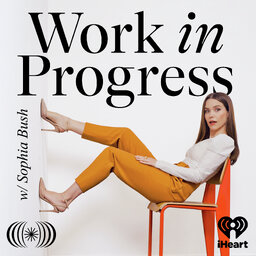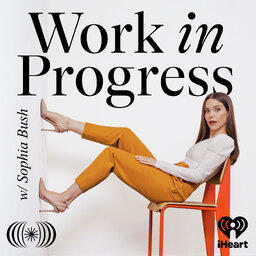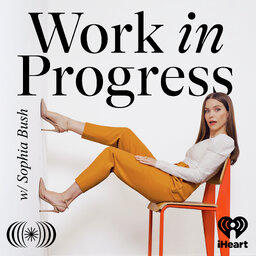Dr. Thema Bryant
On this journey of life, sometimes it can feel like we have lost our way. Dr. Thema Bryant has written a road map for those seeking to discover their authentic selves, which can lead to a path of greater fulfillment.
The renowned psychologist, author, and professor joins Sophia for an inspiring conversation full of truth bombs we all need to hear, including not being afraid of feeling disappointment, recognizing the signs of emotionally unavailable people, and learning to trust yourself.
Dr. Thema’s book “Matters of the Heart” is available in bookstores now.
In 1 playlist(s)
Work in Progress with Sophia Bush
Work in Progress with Sophia Bush features frank, funny, personal, professional, and sometimes even …Social links
Follow podcast
Recent clips

Work in Progress: Jeannie Mai
55:24

Work in Progress: Mika Brzezinski
1:01:11

Work In Progress: Sophia answers fan questions
23:52
 Work in Progress with Sophia Bush
Work in Progress with Sophia Bush